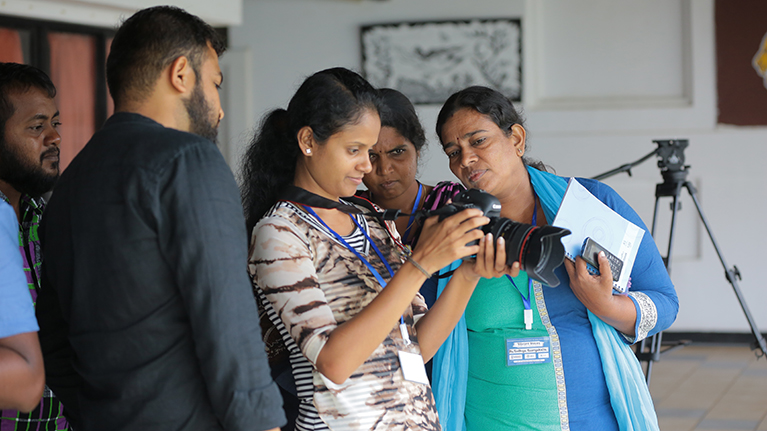Overview
Through a six-year partnership with USAID, IREX’s Media Empowerment for a Democratic Sri Lanka (MEND) program improves citizens' access to balanced, reliable, and objective news and information in Sri Lanka.
To accomplish this, IREX works with partner organizations such as the Center for Investigative Reporting (CIR) and Hashtag Generation.






